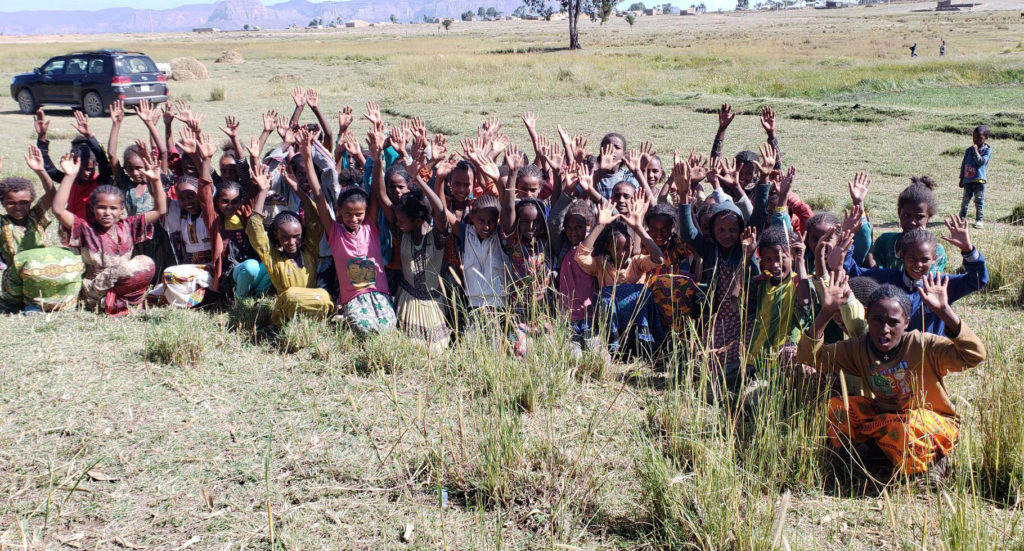
The last two days in the field were extremely long, dusty and hot….14 hours and 13 hours. At the end of the first day, we were visiting the last project of the day in the dark.
Geographically, the Tigray region of Ethiopia is the opposite of the lush green southern part where we started our trip. Tigray is extremely rocky, dry and brown. Our partner in this area is the Relief Society of Tigray (REST). We have a fond saying, there is no rest with REST, and this trip was evidence in support of the phrase.
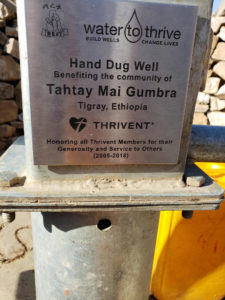
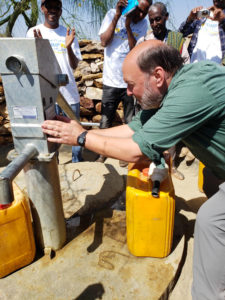
Whenever our donors sponsor a complete well, they are offered the opportunity to provide wording for a plaque that is adhered to the pump head or casement in the spring protection projects. The signage is evidence of the implementing partners as well as the donor. Ernie McWilliams, a supporter traveling with us, was asked to place the sign to the claps and cheers of the beneficiaries.
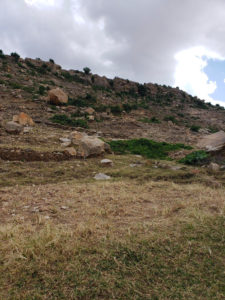
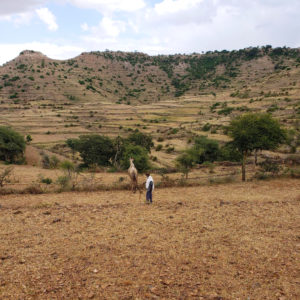
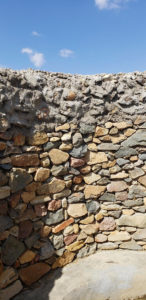
The fences around the wells in this area are also built of rock and are secured with cement to make them sturdy. Someone asked why we require fencing – it is to protect the wells from vandalism, animals, children playing, and overuse. The wells have operating times when the people can gather water and normally includes morning and evening hours.
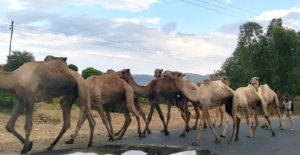
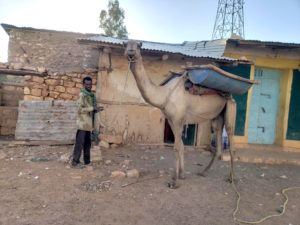
This area is home to many camels. They are used to transport products, produce, salt and other items and occassionally are ridden.
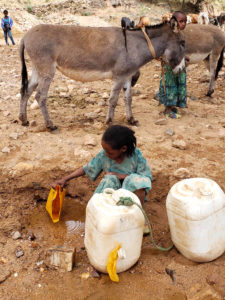
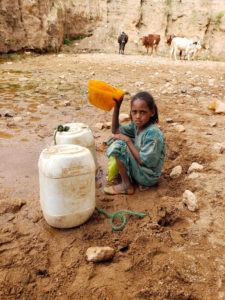
The model for our water projects includes training around repairs, maintenance, security, oversight and management. Every well required an elected water committee who decides on the user fee, operating hours, collection of fees, whether to hire a guard, etc. Fifty percent of the committee is female, because women are the ones responsible for gathering water and will be impacted greatly if the well falls into disrepair.
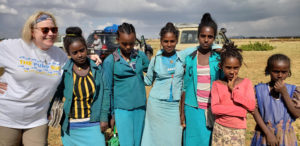
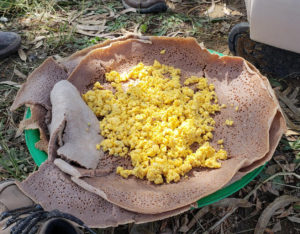
We witnessed the success of the model at the last well we visited. A large group gathered including school children from the nearby school (800 students). Interaction with the beneficiaries is always cherished during our time at the wells. Like magic, injera, eggs, popcorn and coffee appear in the field. Our supporter Martha McWilliams enjoyed talking to the students, looking at their school books, and helping them practice their English.
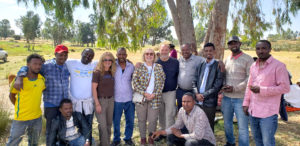

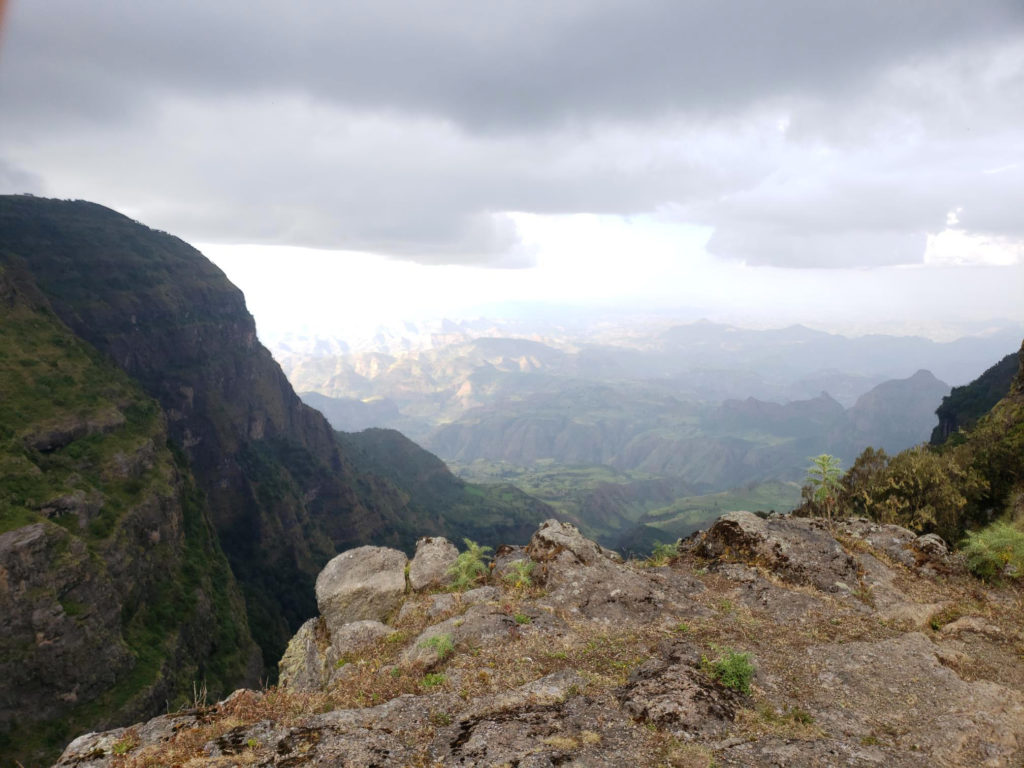
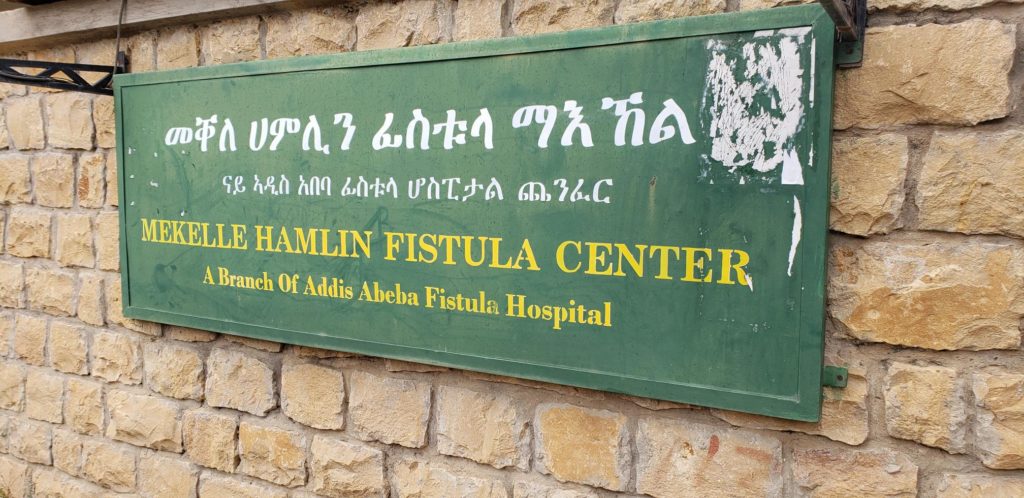
About The Author: Water to Thrive
More posts by Water to Thrive